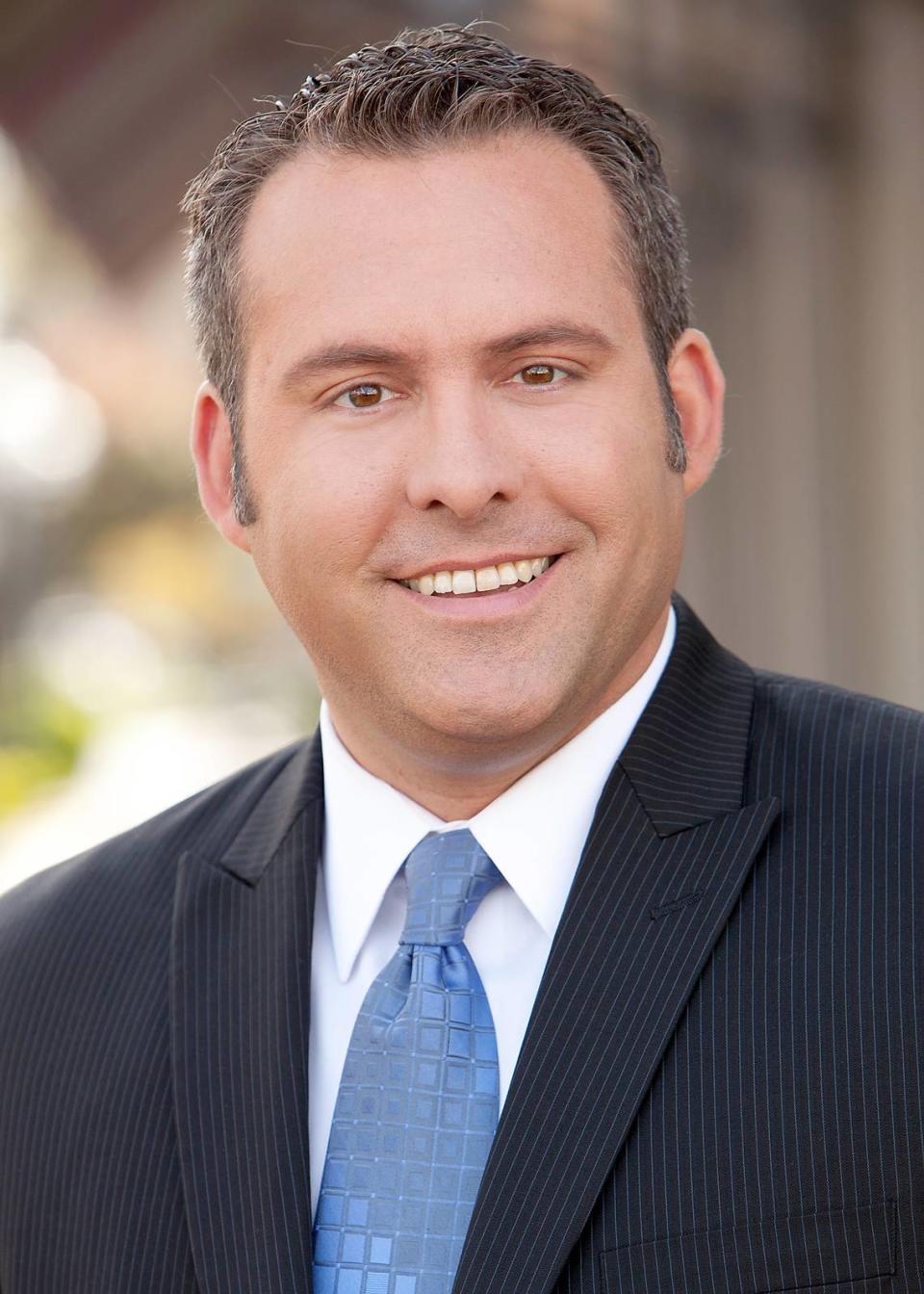California water board’s actions and words show its utter disdain for Valley agriculture
I want to thank the now-former climate and conservation manager at the State Water Resources Control Board who last month quit his job, then widely distributed an email telling many of his co-workers what he truly thinks of them.
He gave us the clearest proof yet that the water board is exactly what I and many others have accused it of being — loaded with activist staff who routinely undermine their own board members by presenting selective, misleading, or just inaccurate information and calling it fact.
In the process of quitting, this ideological zealot outed his efforts to work as a taxpayer-funded environmental lobbyist, pushing an agenda intent on destroying most of the San Joaquin Valley’s agricultural economy.
He is outraged that the board has failed to “quickly and permanently” reduce agricultural production. He called those working in food-processing jobs members of “a right-wing death cult.”
He still mourns the removal — some three years ago — of Felicia Marcus as chair of the board, never mind the fact that Marcus thumbed her nose at two governors by ignoring their joint request for her to consider a voluntary agreement negotiated by high-ranking administration officials on the Tuolumne River. This ex-staffer signs off his letter by disgustedly chiding some of his former co-workers for failing to derail the governor’s support for voluntary agreements on our rivers, saying his colleagues have “rolled over.”
A couple of years ago, this same angry staffer tweeted that my friend Melissa Hurtado, a state senator from Sanger, was a member of the “agricultural mafia” because she dared stand up for farmers and farmworkers. I wonder what he thinks of Sen. Hurtado’s bill that would have dissolved the water board outright?
Unfortunately, the contempt displayed by this individual for the people and industries he was tasked with regulating is not unique. I have heard water board staff hiss and jeer speakers who make comments they dislike during meetings. And I routinely hear horror stories about board staff taking advantage of their authority with outrageous demands, such as the “hearing officer” who insisted a water user pay for a three-day trip that included a $30,000 helicopter ride to observe an underground river.
None of this behavior has resulted in public admonishment despite the board’s continued insistence that it is a neutral umpire in settling disputes and balancing the water needs of California. When umpires openly root for one team, they are not neutral.
The disgruntled former staffer assures us that a few noble co-workers share his “commitment to racial equity,” as they “have advanced safe, accessible, and affordable water for marginalized communities…”
Why, then, did the State Auditor in late July release a scathing report saying water board staff “lacks urgency to ensure that failing water systems” across the state are being fixed? Progress has been made in the past year, but still some 960,000 people — mainly in rural areas like my district — are either facing or are living with water emergencies. These Californians don’t worry about brown lawns; they fear liver damage, increased risk of cancer, or just being unable to flush their toilets.
Not everyone at the water board falls in line with this malcontent. Several staff members were productive partners in my efforts with Congressman Jim Costa to deliver millions of dollars to replace an antiquated water-treatment plant in Dos Palos, ensuring reliable drinking water for the entire city. But the auditor’s report shows us that for every success there are many more failures.
The water board and its staff need to spend less time trying to fallow every acre of San Joaquin Valley farmland and focus on the critical mission of providing clean drinking water for poor, rural Californians.
Board staff has spent more than 12 years and thousands of staff hours trying to shove the state’s water grab down our throats, despite the billions of dollars and thousands of jobs it will cost the San Joaquin Valley and the increase in food prices certain to follow. Where would we be if staff had pursued clean drinking water programs with the same zeal? How many more Californians would be drinking water from their taps instead of from plastic bottles?
Any water board staff member who has been moved by their former colleague’s letter should follow his example. If you care more about sticking it to “Big Ag” than ensuring every Californian has access to clean drinking water, please, find a different job.
Democratic Assemblymember Adam C. Gray represents the 21st Assembly District, which includes all of Merced County and portions of Stanislaus County. He is running to represent Merced and parts of Fresno, Madera, Stanislaus and San Joaquin counties in the U.S. House of Representatives.


